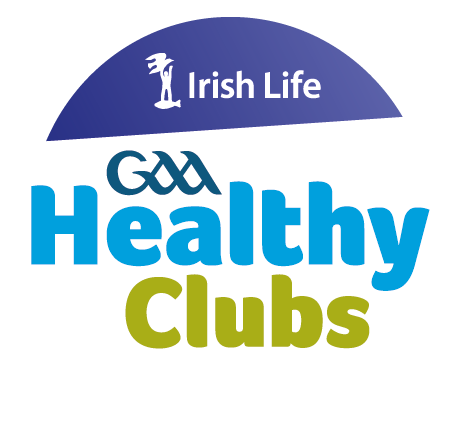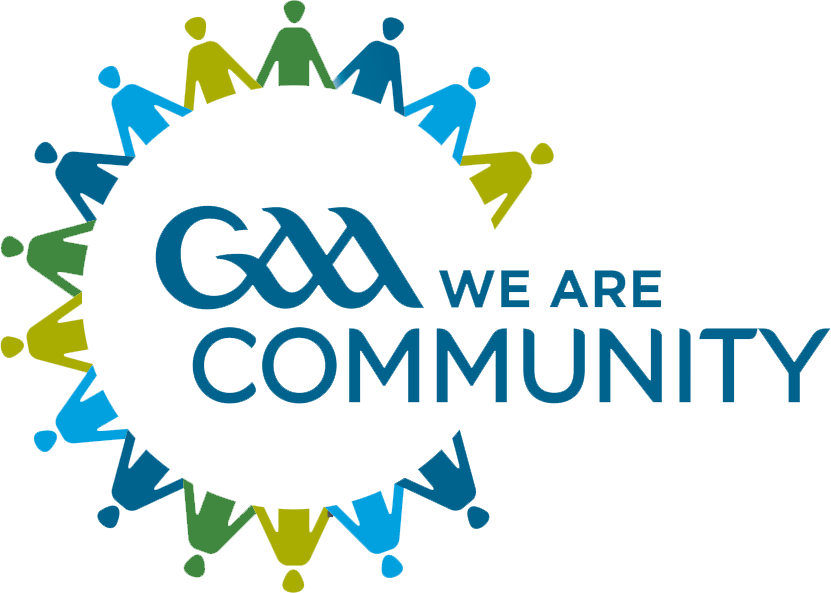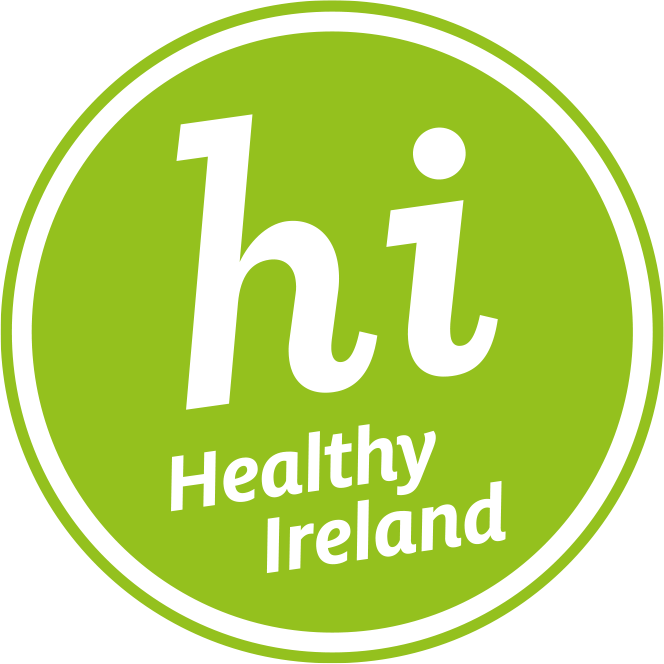| Case study overview | |
|---|---|
| Club: | Thomas Davis |
| County: | Dublin |
| Location: | Tallaght |
| Rural/Urban: | Urban |
| Codes: | Hurling, Camogie, Football and Ladies Football |
| Membership (2016): | 879 |

Plan
Supporting Document: GAA Healthy Eating Guidelines
The Healthy Club project team carried out a community wide survey to ascertain what areas of health the club and wider community would like to see focused on. Healthy eating was one of the major themes that emerged from the survey.
As well as providing healthy lunches at juvenile camps the club also took part in the Healthy Food Made Easy (HFME) programme in partnership with the South Dublin County Partnership and the HSE. The programme aims to provide nutrition knowledge and practical cooking skills to participants.
Partners
Within the club:
- Club Executive
- Members of the Health Club Project group
- Parents
Outside the club:
- South Dublin County Partnership
- The HSE
- Dublin GAA Health & Wellbeing Committee (chair.hwc.dublin@gaa.ie)
The club were responsible for promoting the programme, recruiting participants and organising a venue while the South Dublin County Partnership provided the course facilitator, resources and expertise to deliver the programme.
Activity
The HFME programme was delivered in Thomas Davis GAA club once a week for 2.5 hours over a six week period. It is a basic nutrition and cookery course that helps people to change to a healthy diet, plan meals on a budget and make easy to cook meals.
The course content is based on the most up-to-date healthy eating guidelines from the Department of Health. Overall, 28 people signed up to the course; only two dropped out representing a participation rate of 93%.
A total of 16 people (3 males and 13 females) took part in the evaluation of the programme; ranging in age from 37 to 90 years. The majority were members of Thomas Davis Club (75%, n=12); the remaining four were non-members. Participants all received a handbook with the information and recipes used on the course and learned:
- how to cook simple, delicious healthy meals
- how to read food labels
- to understand the food pyramid
- to understand the various nutrients in food and the importance of these
- how to plan shopping on a budget
The majority (93%, n=13) of participants felt their cooking skills had improved and had applied these skills in their home environment while 83.3% (n=10) felt confident in following a recipe. Participants practiced four specific recipes in class; over 80% were confident in their ability to carry out three of the four dishes they practiced.
Download
The Club
All participants felt that the initiative changed their perception of their clubs attitude to health and that 92% (n=11) of participants felt their perception of their club had changed. Specifically, participants indicated that what changed for them ‘was the health aspect.
“I wouldn’t have felt healthy enough to come up and join the GAA’; it was felt that ‘the GAA club like you had to be fit and you had to be playing sport you know’ and this prevented them from being involved in the club. Now, there was a perception that ‘there’s something for everyone in it (the club)’. It was interesting to note that participants felt this view was apparent across all GAA clubs:
‘We’re just like anywhere else like. Some people do have that perception that’s it’s a click so to speak you know that kind of a way.’
Participants indicated that the club seemed to embrace a new philosophy, where ‘sport was once a priority’, it was now apparent that ‘people are the priority.’ Almost two thirds of respondents (63.9%, n=7) experienced social benefits from taking part in the HFME programme. There appeared to be a disconnect between the aforementioned perception of the club as a sport only entity and one that has something to offer the wider community, including a social outlet.
‘See the club is about family and enjoyment and sport actually is important but what people don’t realise is it’s also a social outlet and people back away from it thinking that’s a club I can’t go up there but that’s an Irish thing.’
Interestingly the participants noted that the programme facilitator had also become more engaged in the club due to his involvement in the HFME project, having previously never been in the club before.
Based on the success of the HFME programme there were requests and support for more activities; specifically more walking, a healthy heart programme and healthy food sponsorship for summer camps.
The club has since availed of the GAA’s Recipes for Success healthy eating initiative, a “hands on” kitchen-based cookery workshop which is exclusive to Phase 2 Healthy Clubs and a Recipes for Success toolkit which is filled with tasty, healthy, performance enhancing recipes that are easy to make. The Club Health & Wellbeing Officer recruited members of the minor football team to take part in the programme delivered in the local secondary school by the Home Economics teacher.




